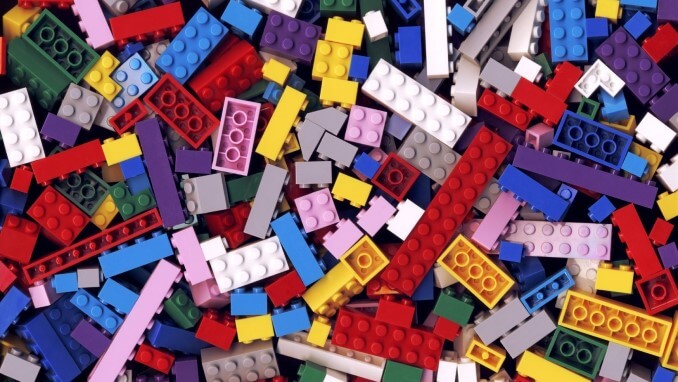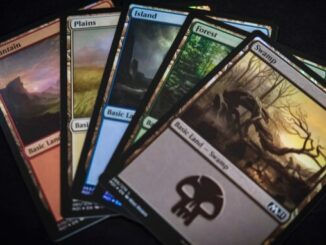
For the last three years, I have been invited to a local youth group to run LEGO sessions. I must admit that after year two, I said to myself that it didn’t work, and that I would politely decline the next invitation. However this year, I accepted the invitation because I realised that after two attempts, I knew how to make this session meaningful.
There is no doubt that 2020 was a challenging year for many, and for young people in particular. It impacted their learning, both academic and emotional. It was with this in mind that I signed up for a course with Future Learn, and naturally it was the LEGO aspect that attracted me. Coping with Changes: Social-Emotional Learning Through Play is a course developed by the LEGO Foundation. It’s available for free online and participants can proceed at their own pace. The LEGO Foundation was established to build a future where learning through play empowers children to become creative, engaged lifelong learners. The skills developed through the course enable participants to redefine play and reimagine learning so children develop the broad set of skills they need to thrive and succeed.
Knowing that I work with young people and knowing the barriers they have faced in the last few months, the idea of combining play with meaningful learning was a resource I was interested in.

A few months later, the annual email arrived – would I like to come and deliver a LEGO session for two hours with young people from the ages of 8 – 12 years? To my surprise I was delighted to accept this time – I wanted to use the new ideas to tailor a session that would be truly beneficial and FUN!
Firstly, I had to reflect on why the previous sessions hadn’t worked, what had gone wrong and how I had known this? Simply put, the organisers wanted the young people to have a session designed around a theme. Year 1 had been “Our Community”, Year 2 had been “Superheros” and both years had issues.
With such a wide range of ages, it can be challenging to keep everyone engaged, 12-year-olds can become immersed in a build while 8-year-olds want to show you every single stage of their build. Some children naturally levitate to teamwork while others are very happy to work on their own. While some children could have built all day long, others felt they had achieved their goal very quickly. Very often it didn’t feel fun and it didn’t feel like they had the space to learn from the session.
What made this year different then? No theme. When the invitation arrived I immediately explained I had participated in this course and wanted to develop a session specifically around the ideas. The organisers were delighted with the idea, understanding the impact of recent months and a need to bring young people together again.
The first stage of planning was to develop activities that could be done over different time scales; something quick for young ones who want to explore it all and something more complex for older children.

One of the principles covered in the Coping with Changes course is the idea of Chain Reaction, building together to achieve a result. To address this I developed a Marble Run activity, with a range of bricks to add height, textures and movement so builders could explore how to make an obstacle course with different elements and challenges.
Another principle covered in the course is strategies for well-being. As the parent of a young child, I know just how popular fidget toys are at the moment. To address this I developed a Fidget Spinner activity. Ideal for the young builders the challenge was to use the selected bricks to build a Fidget spinner to generate something for them to focus on, to reflect.
Finally, another aspect of the course I wanted to incorporate into the session was social-emotional learning, how to communicate with others, how to respond to challenges. For this, I developed the Island activity. Each builder had a base plate and some time to design their own island. Then, when ready, there was a set of challenges for them to pick from i.e. “Zombies are invading, build some defences!”, “You are bored, make your camp more fun”, “You are running low on food, what do you do?” As a result, the builders can work together to solve the problems and share their responses with others.

Another valuable lesson I took away from the course was the benefit of free build time as well, and letting them be creative. As well as the range of building activities, we had a carpet of bricks in the centre of the space where builders sat and built, when they had completed the activities at their own pace, often incorporating ideas for earlier builds, such as adding story to the Marble Run using mini-figures and props. As a result, the builds started to come alive, to have meaning and to communicate the fun they were having.
I’m delighted with this approach and it took me so long to understand how to make the most of these sessions with young people, however, the course enabled me to reflect on why it hadn’t worked, to place meaning on the activities and to design a session that supported the learning of young people, our builders of the future.
See other articles focusing on Lego including Lindsay’s article on Lego® Serious Play®
- Taking time to get it right – even if it’s three years - 10th September 2021
- Why Playful Thinkers are Enjoying 2020 - 12th September 2020





Be the first to comment